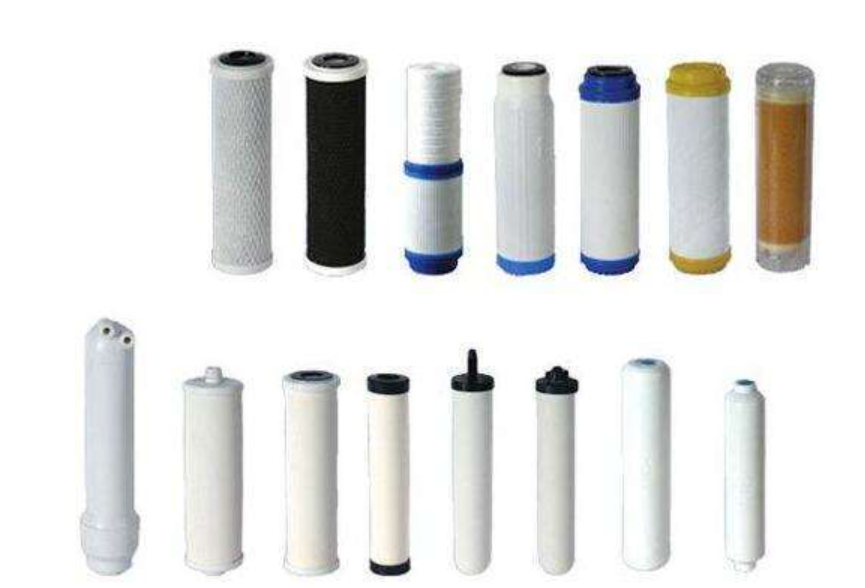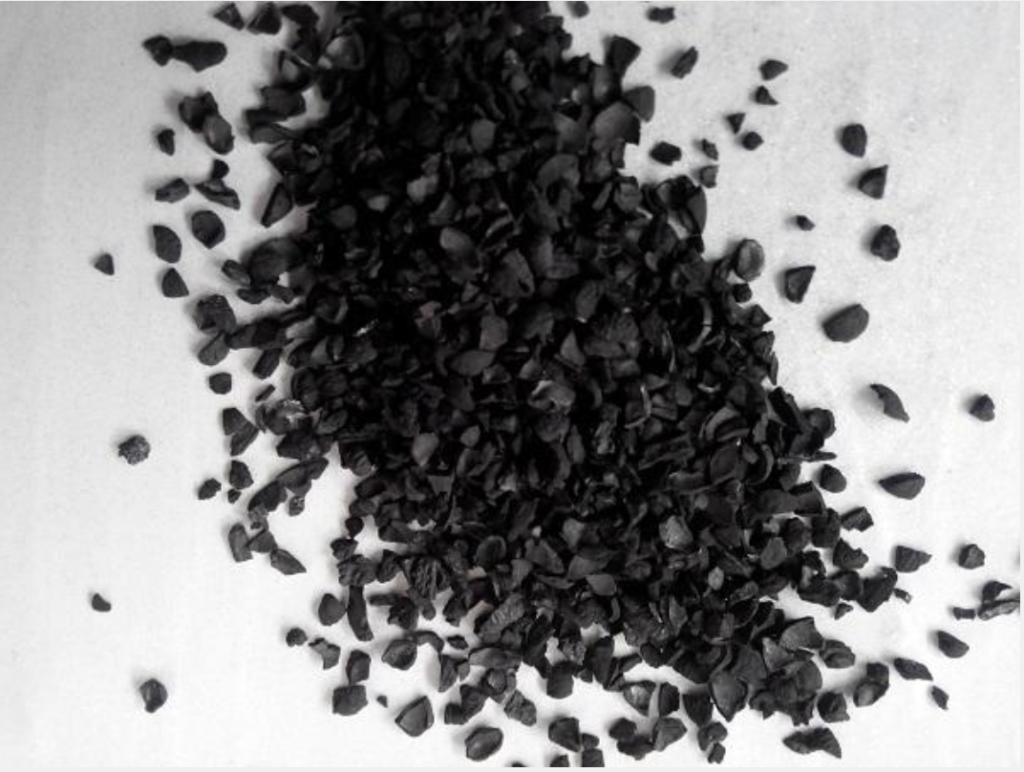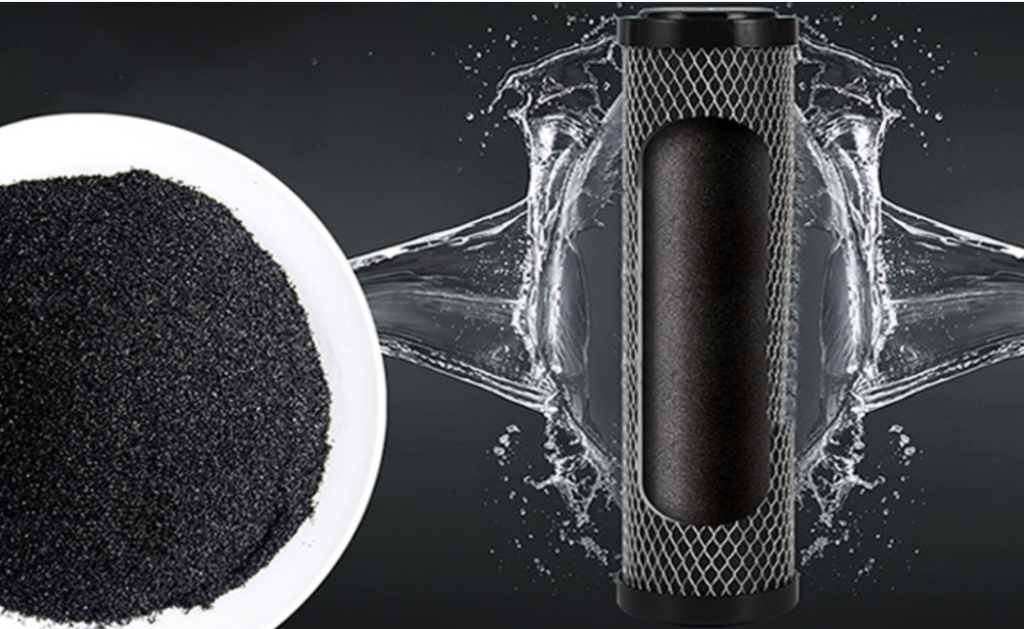Have you ever wondered what happens behind the scenes in your water purifier? How does this crucial appliance ensure your drinking water is clean and safe? What makes it tick? The answer lies in the heart of the purifier – the filter.

In short, a water purifier filter is like a watchman, allowing only safe and purified water to pass and keep out the harmful substances. Different types of filters are available, each for specific contaminants.
Are you interested to know more about these health guardians? Let’s get started.
What are the Different Types of Reverse Osmosis Water Purifier Filters?
One filter does not fit all in a world where water quality is so varied. Water purifiers often use a combination of filters to tackle many impurities.

Different types of filters are available: faucet-mounted filters, under-sink filters, and reverse osmosis systems. Each has its advantages and is suitable for various applications.
- Sediment Filters are the first filters in most water purifiers. They are designed to trap and remove large particles like dust, dirt, and sand.
- Activated Carbon Filters: Made from tiny carbon pellets, these filters remove organic compounds and chlorine that affect taste and odor. Different filtration methods, like adsorption, make these filters more effective.
- Ultrafiltration (UF) Filters: UF filters have a membrane that can remove bacteria, viruses, and other micro impurities. They are often part of a whole-house water filtration system.
- Reverse Osmosis (RO) Filters: RO filters remove many impurities, including heavy metals, fluoride, and even some pesticides. They effectively eliminate many contaminants to give you very pure water.
Ion Exchange Filters
Ion exchange filters soften hard water by exchanging magnesium and calcium ions with sodium or hydrogen ions. This reduces limescale and makes the water suitable for use.
Replacement Filters
Filter maintenance requires filter replacement. Replacement filters keep the filter system running efficiently and provide clean water.
Types of Water Filters
There are different types of filters for home use: reverse osmosis, mechanical filters, and UV purifiers. Each has its features, pros, and cons, so you must choose the right filter for your water quality and target contaminant.
Faucet Mounted Filters
Faucet-mounted filters are user-friendly and convenient. They give instant access to filtered water, are easy to install, and allow you to switch between filtered and unfiltered water. However, they can slow water flow and may not fit all faucets, especially those with pullout sprayers.
Under Sink Filters
Under-sink filters are space-saving and have a high filtration capacity. They can filter various contaminants such as sediment, chlorine, and lead. Installation may require professional plumbing modifications and drilling, but they are a convenient and effective solution for clean water.

How do These Filters Work?
Understanding the working mechanism of these filters can help us appreciate the complex water purification process.
Sediment Filters work on a simple principle: They trap and hold physical particles, preventing them from passing through. Think of them as sieves or strainers.
Activated carbon filters work through a process called adsorption. When water flows over the carbon granules, the organic compounds stick to the carbon, effectively getting ‘absorbed’ by the filter.
UF Filters have a semi-permeable membrane with tiny pores, which allow water molecules to pass while blocking larger contaminants like bacteria and viruses.
RO Filters work on the principle of reverse osmosis. Water is forced through a semi-permeable membrane under pressure, separating it from harmful substances.
Why is Choosing the Right Filter Important?
Choosing the right filter is not just about ensuring clean water but protecting your health and loved ones. Different locations might have varying water quality issues, so knowing what contaminants are prevalent can guide the correct choice of purifier filter.
Working with a trusted supplier, such as a specialized manufacturer in Guangzhou, can help you identify the ideal water filtration solution for your specific needs.
Conclusion
In short, knowing the types and functions of water purifier filters is essential for consumers and professionals in the water industry. From sediment and carbon filters to UF and RO filters, each has its role in providing clean water. Choosing the suitable water filter systems, under-sink, countertop, and whole-house water filter systems from Aqua-Pure, Aquasana, Brita, and Culligan is critical to optimal water quality. Knowing different water filtration systems, POU, and POE systems helps choose the right technology, activated carbon, reverse osmosis, and ultraviolet light to remove specific contaminants. Making the right choice, backed by quality, is the foundation for a healthy life and a successful business in the water filtration industry. It’s not just about water purification.
Monique Chan
